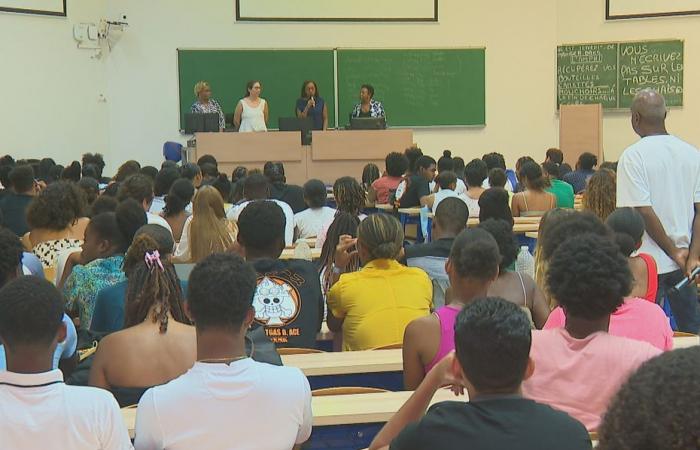The report of the Court of Auditors on the University of the Antilles published on November 12 highlighted the overall lack of attractiveness of the AU. One chapter focuses particularly on the 2nd cycle of medicine. The magistrates emphasize that the establishment still has a lot to do to settle down its residents. An unattractive cycle chosen by only 40% of students ranked above 6000th place at the end of the national ranking tests.
The implementation of the second cycle of medicine at the University of the West Indies, effective since the start of the 2023 academic year, cannot be satisfied with its sole existence and the host establishment must concentrate its efforts on attractiveness, particularly on the internship. This is the observation made by the magistrates of the Court of Auditors who specify that in addition to training on site, it is then important to retain students at the end of this cycle.
For example, by offering them public service employment contracts, in order to settle the interns. In view of the opening of the new university hospital, this type of contract could prove very important.
If their number increased from 15 to 48 between 2020-2023, it still remains too low. So much so that only 47% of interns who obtained their diploma subsequently settled in Guadeloupe or Martinique. The lowest proportion of all boarding schools in France has fallen by 6 points since 2012.
Another concern expressed by the wise. It concerns national electronic tests (EDN) and objective structured clinical examinations. Two axes according to the magistrates who point out the erosion that these deadlines constitute for West Indian students “forced to leave the territory if their wish is not satisfied”. A risk that is all the more significant given that few students who began their health studies in Guadeloupe or Martinique ultimately obtain their internship there, “either by insufficient classification, or by manifestation of other preferences”. The potential pool of doctors wishing to settle there is therefore mechanically restricted.
In conclusion, the Court recalls how much the reform of health studies requires in the Antilles.effective coordination of all stakeholders“. With this in mind, it asks all stakeholders to evaluate the implementation of the second cycle, in other words to review the success rate of students or the final impact on improvement of medical demography in Guadeloupe and Martinique.
France






